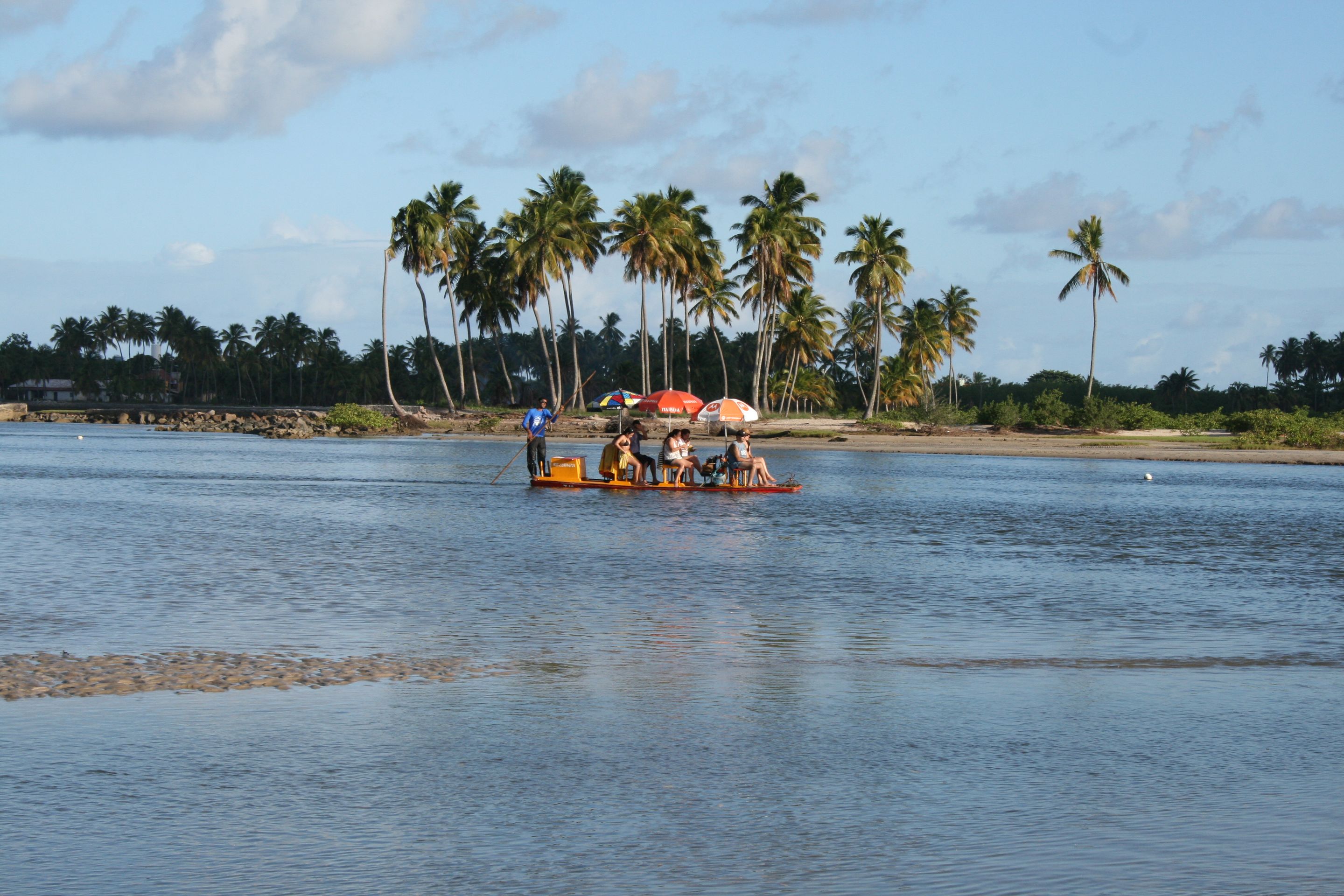Next try - Great Sand Dunes NP in Alamosa / Colorado
Gepubliseer: 28.05.2023
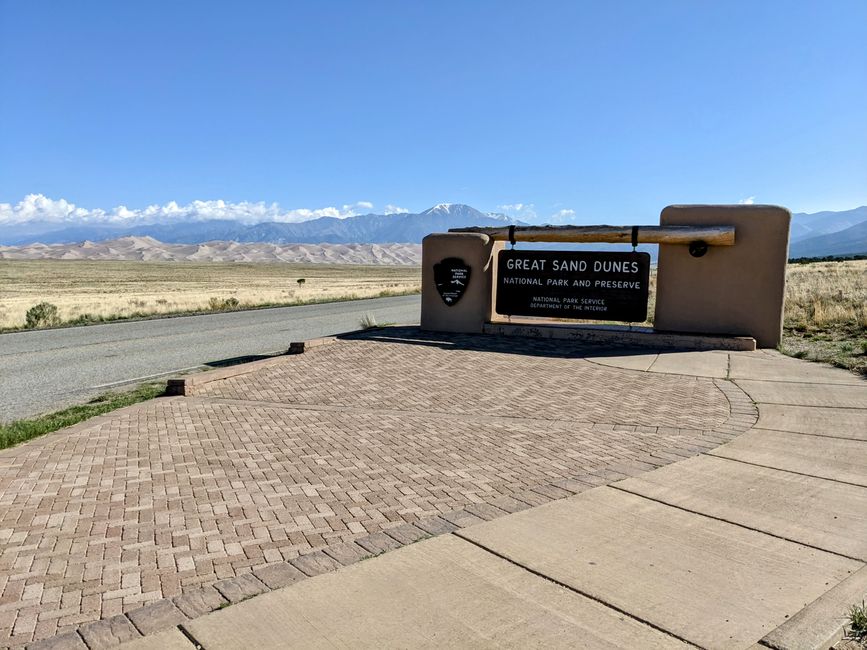
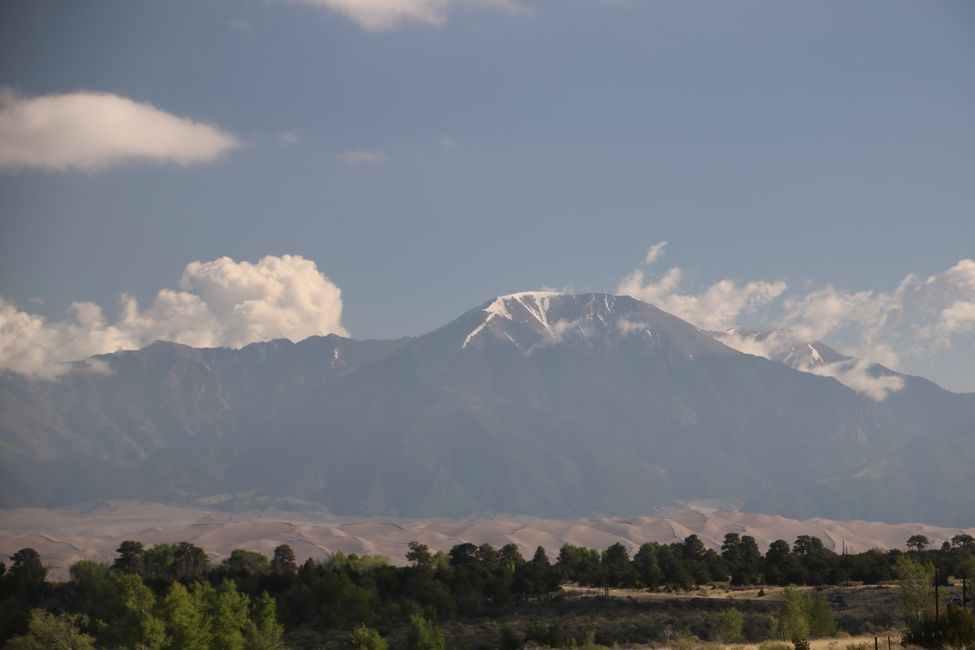
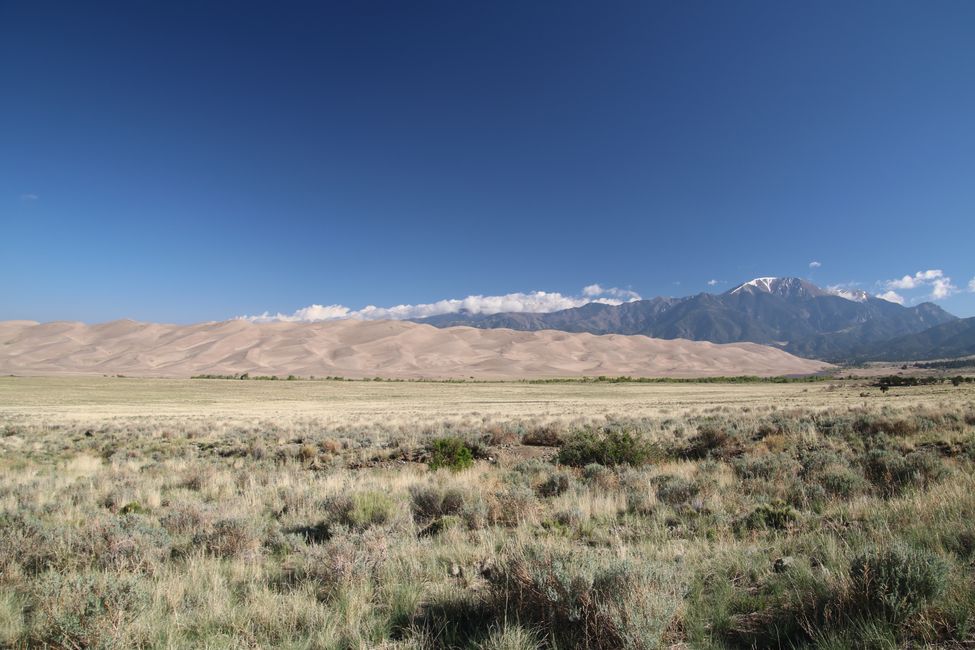
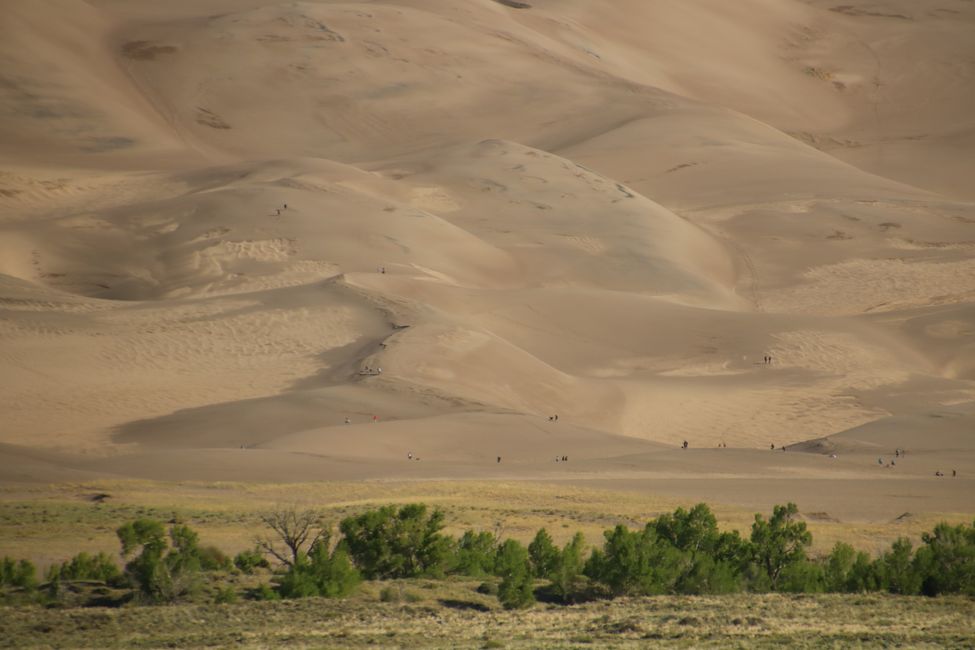
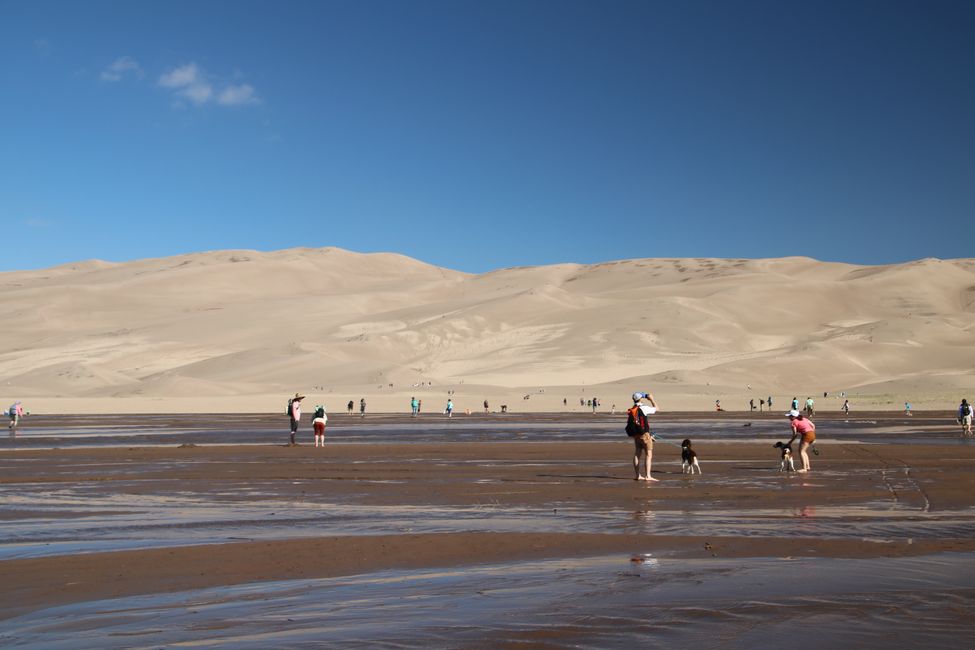
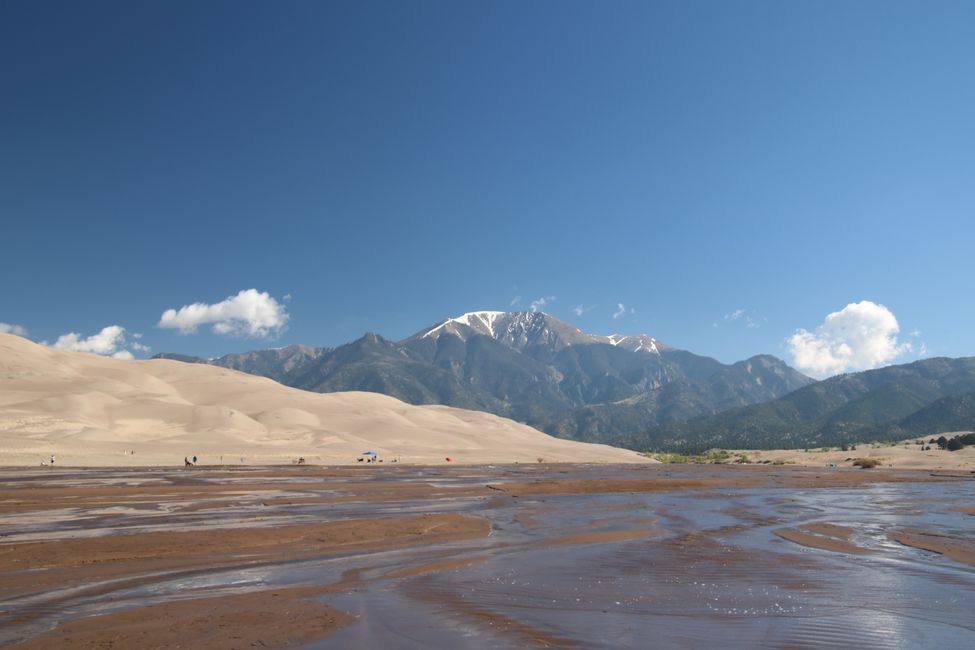
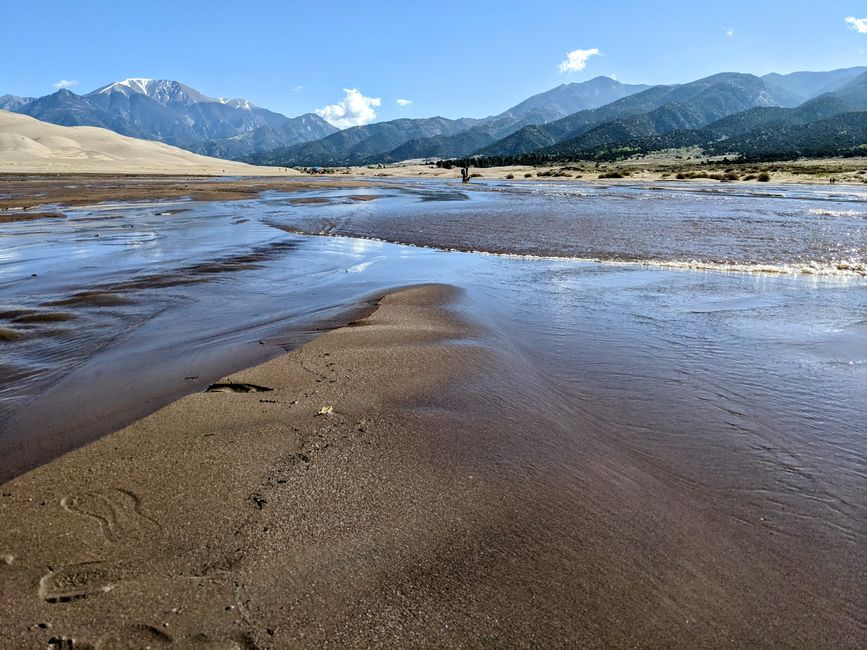
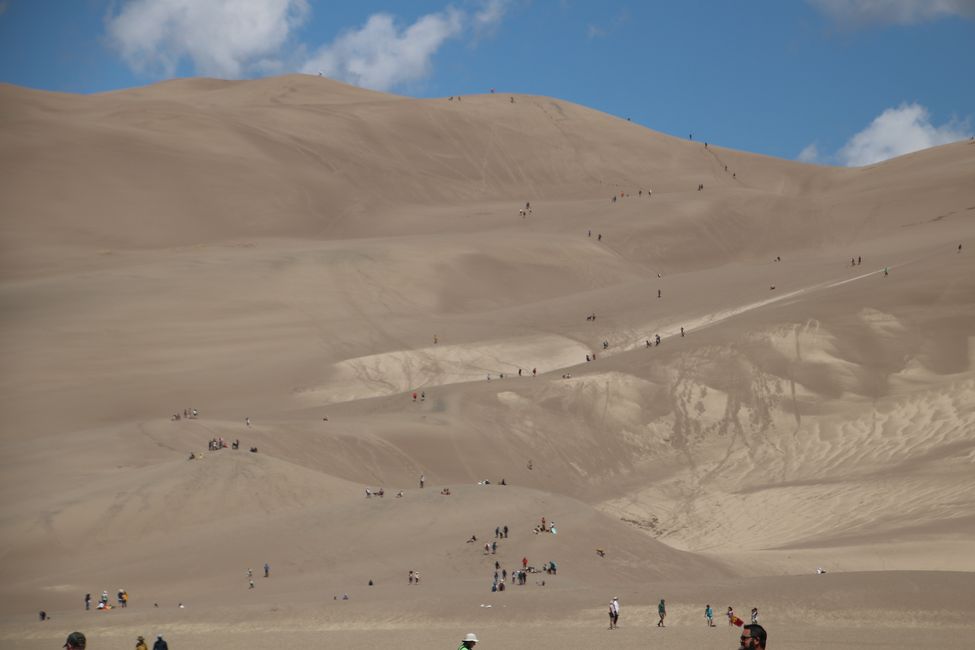
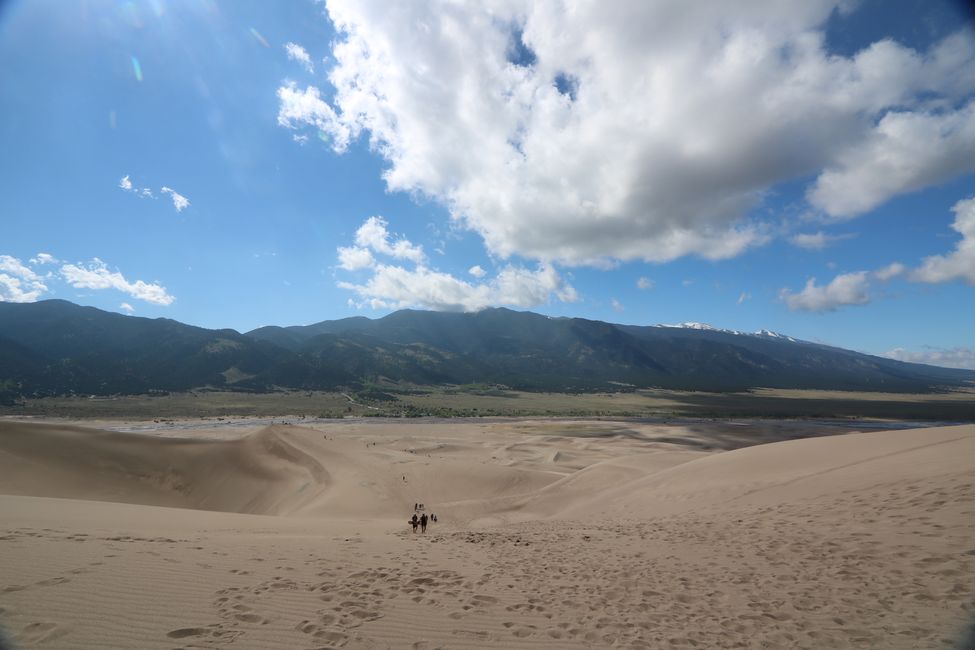
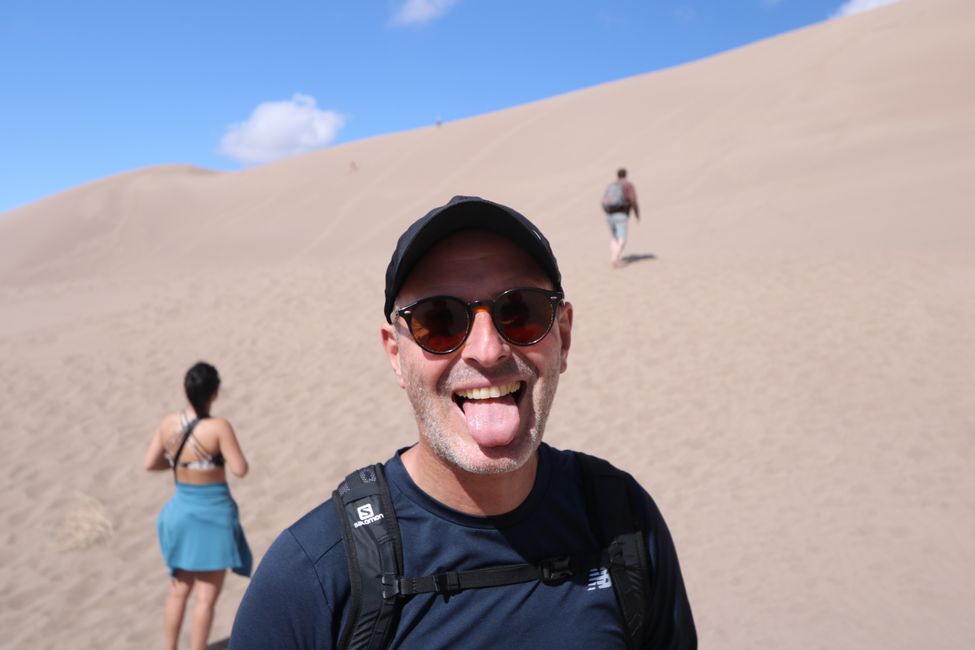
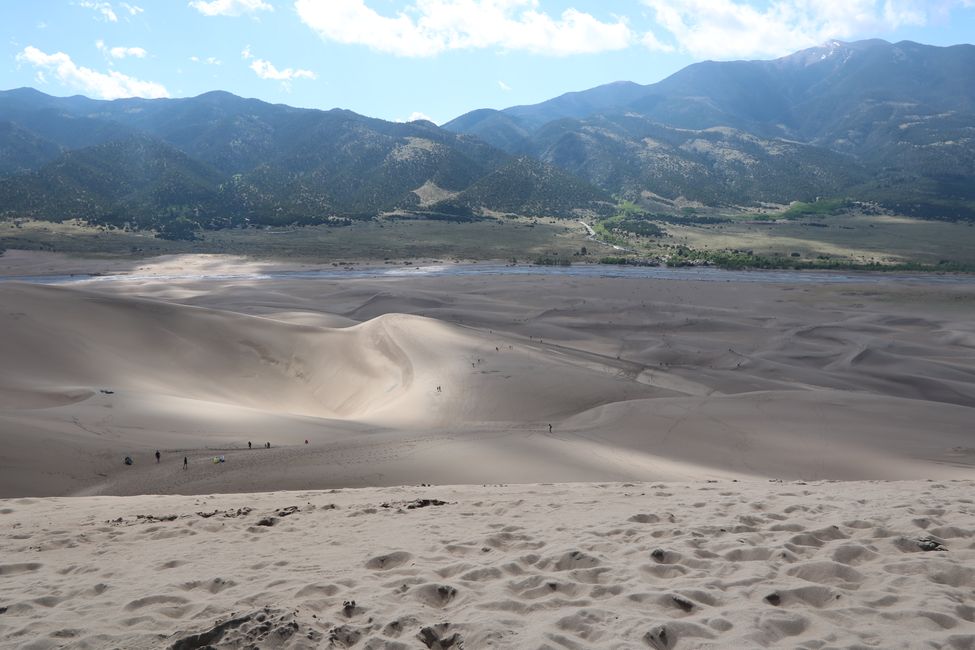
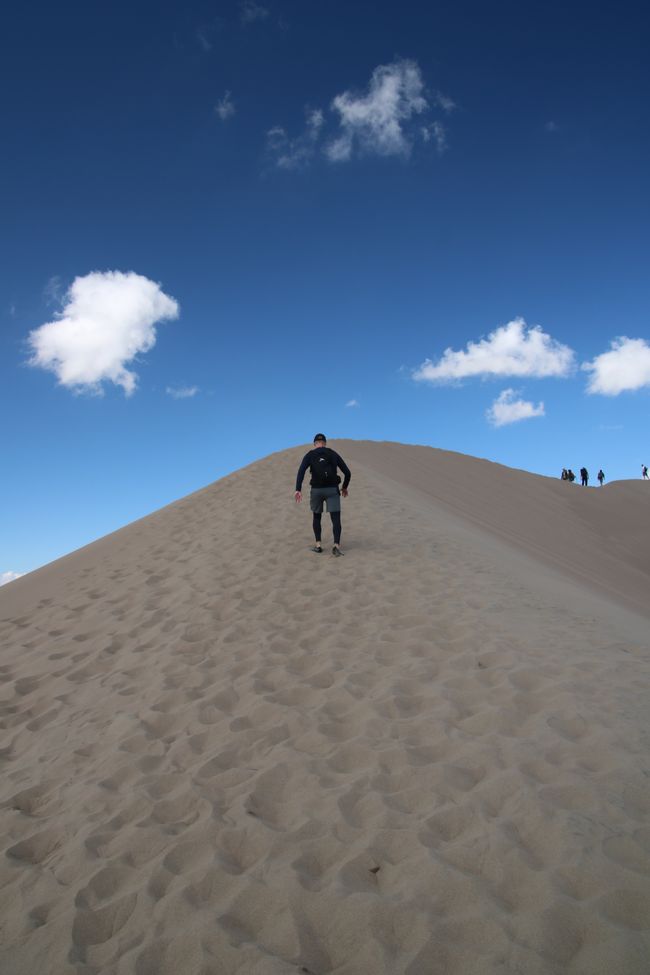
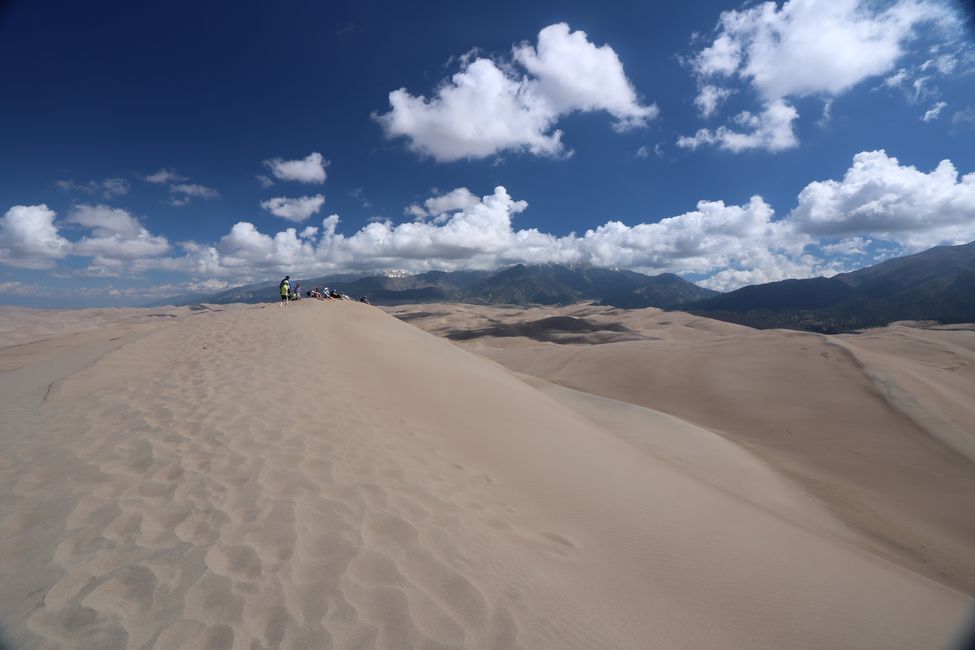
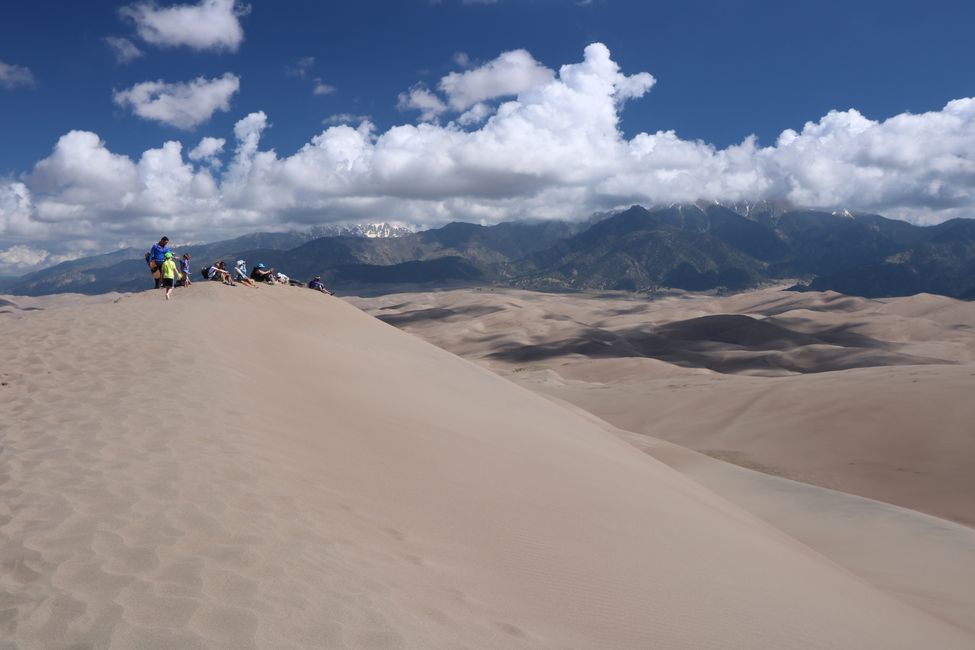
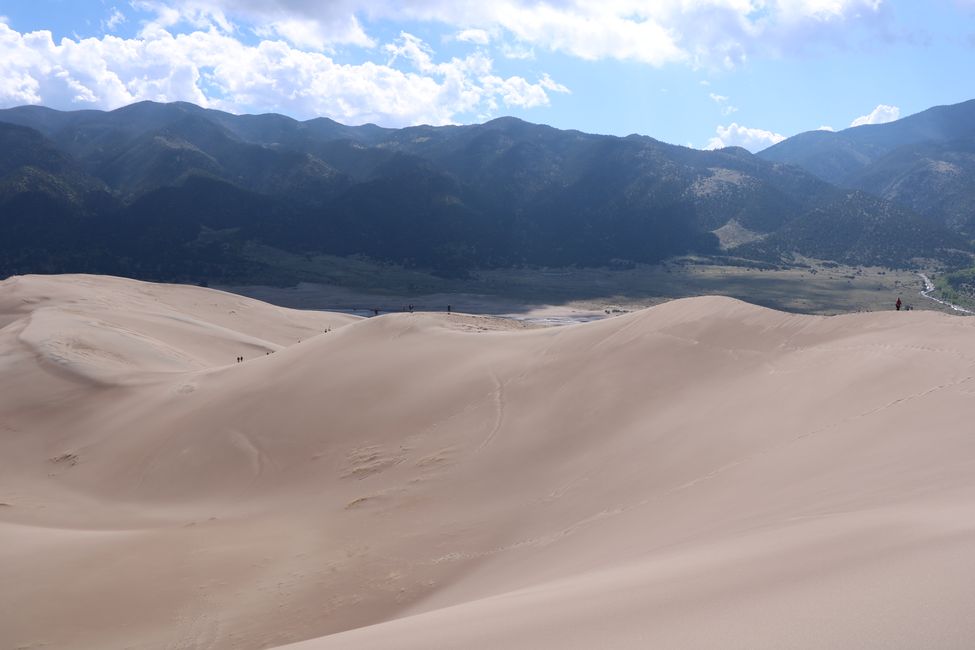
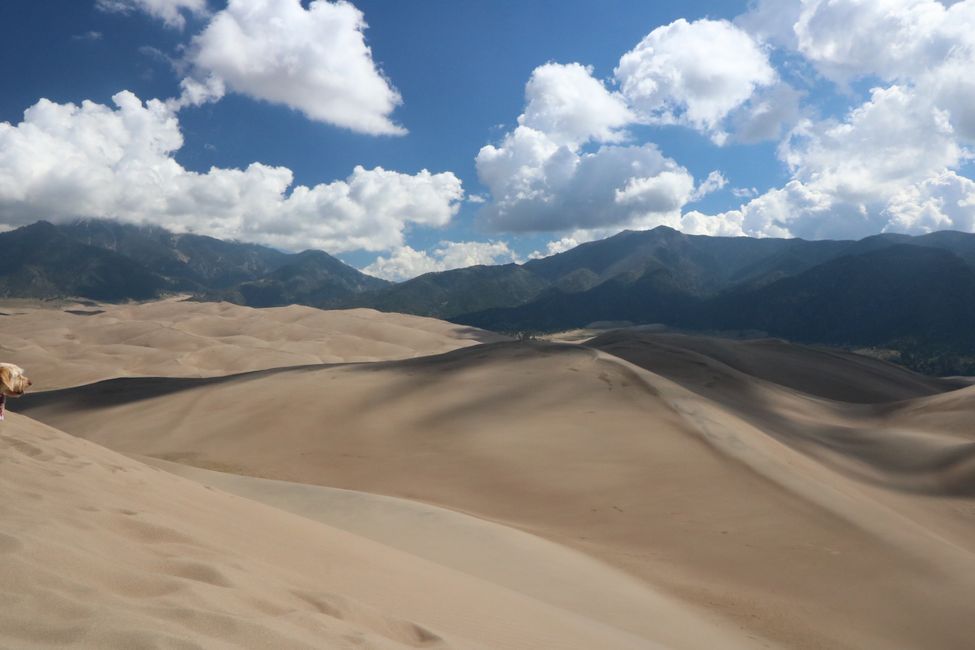
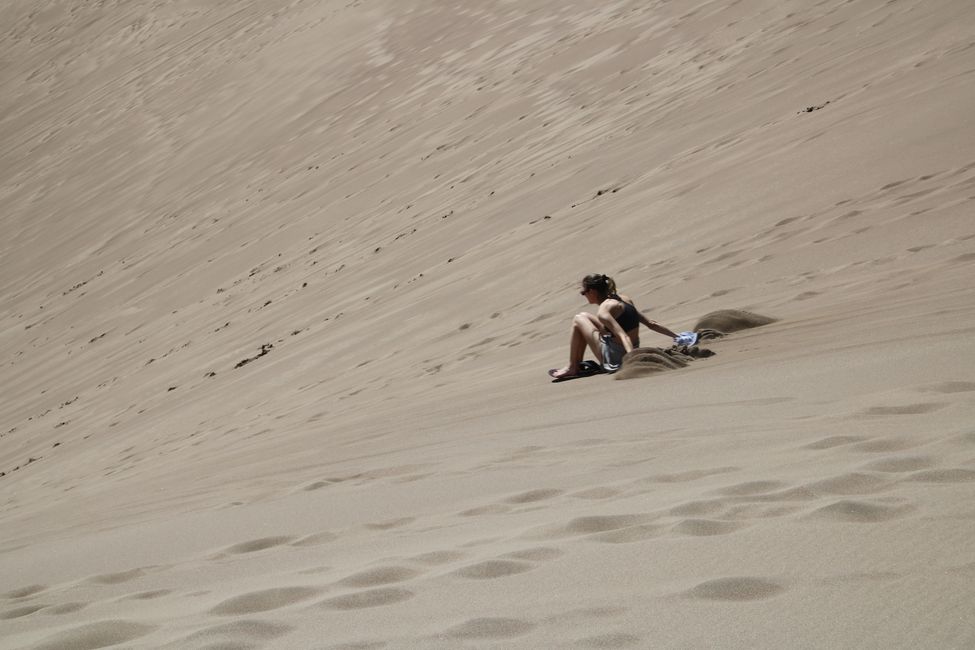
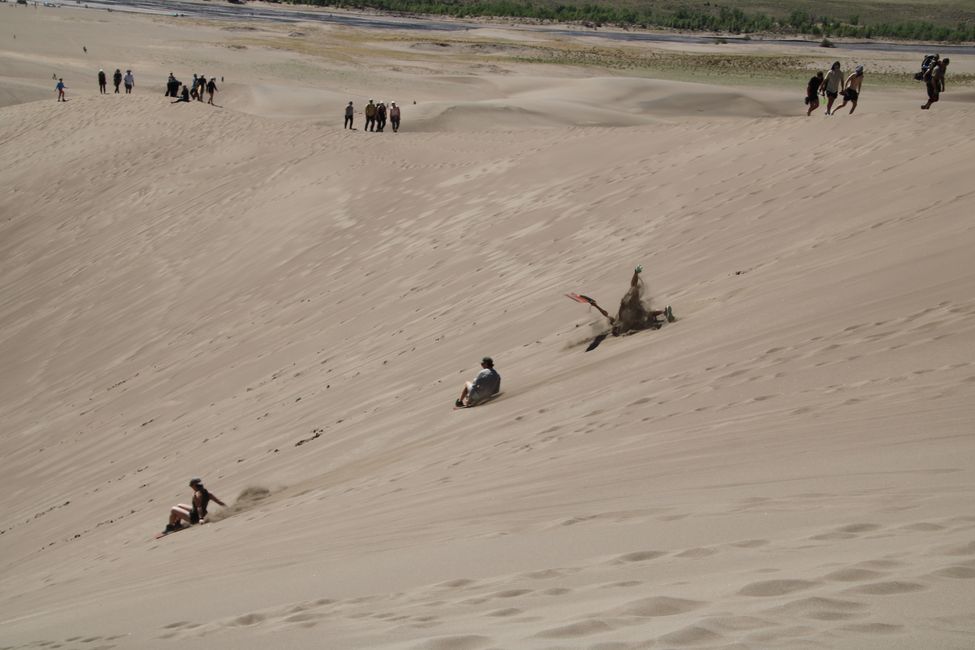
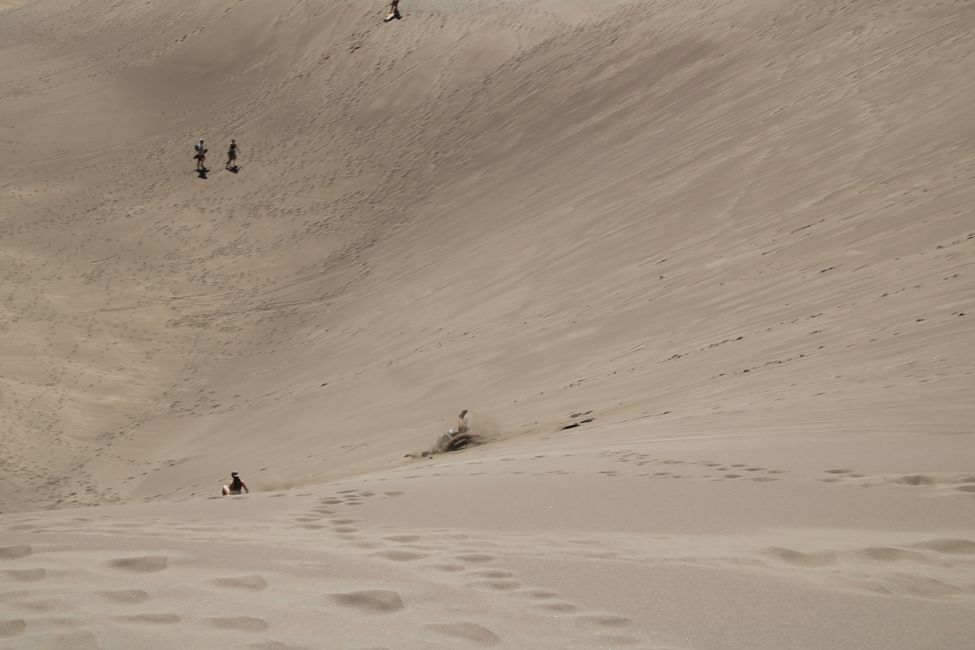
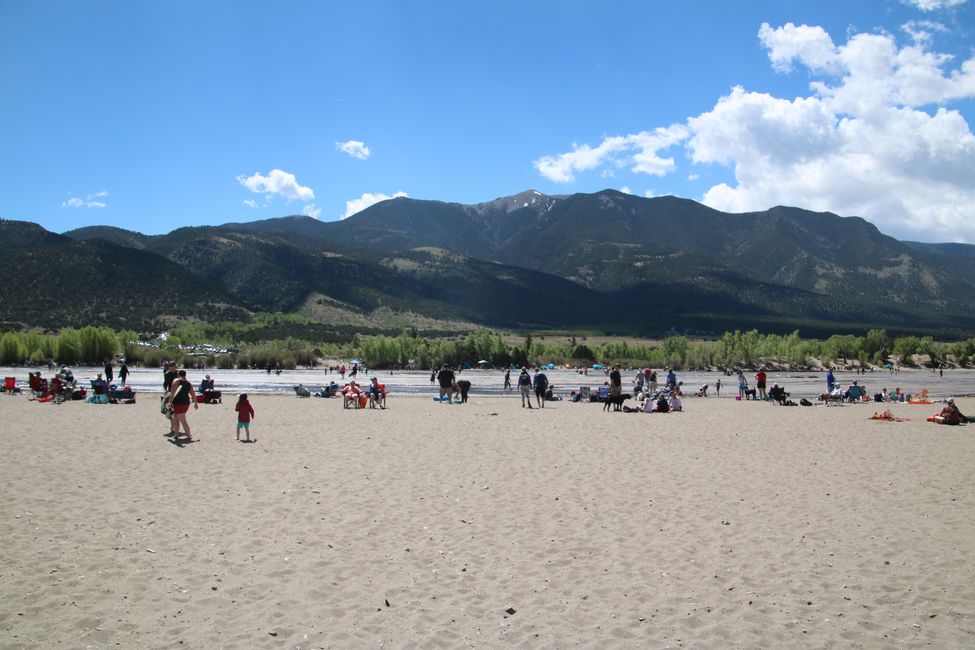
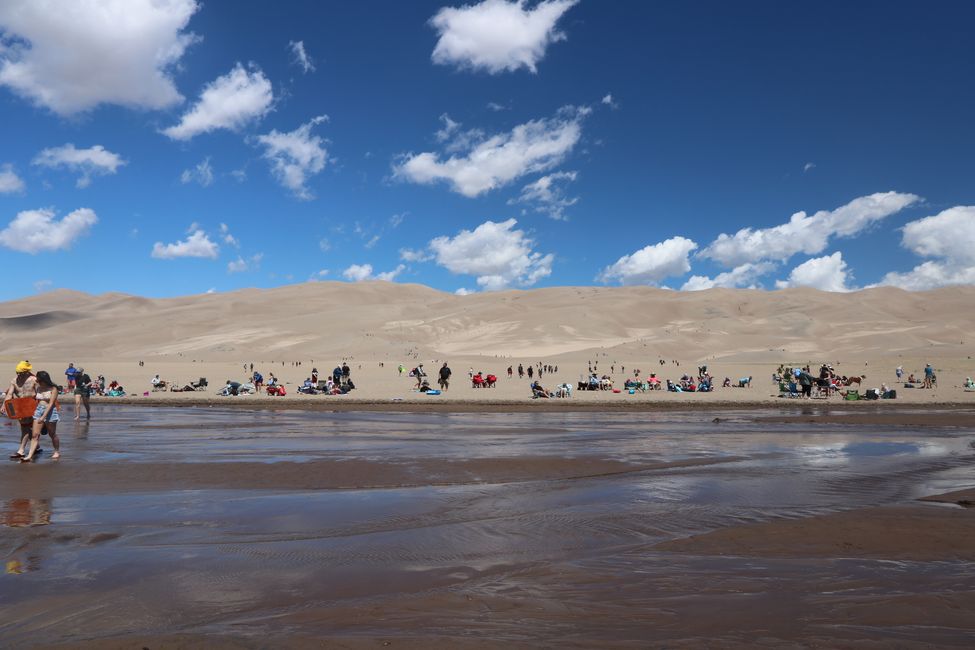
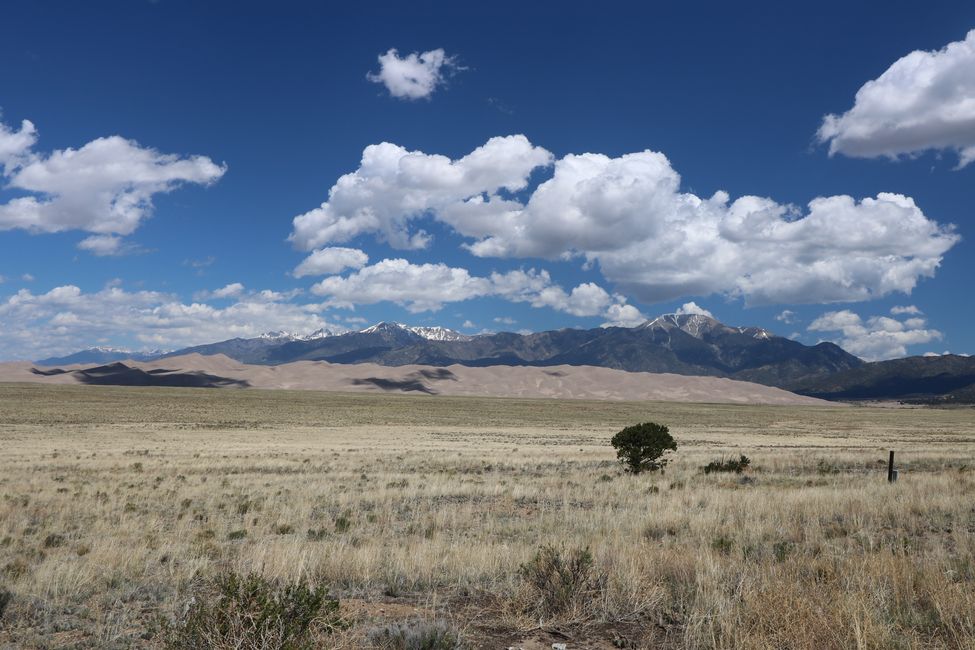
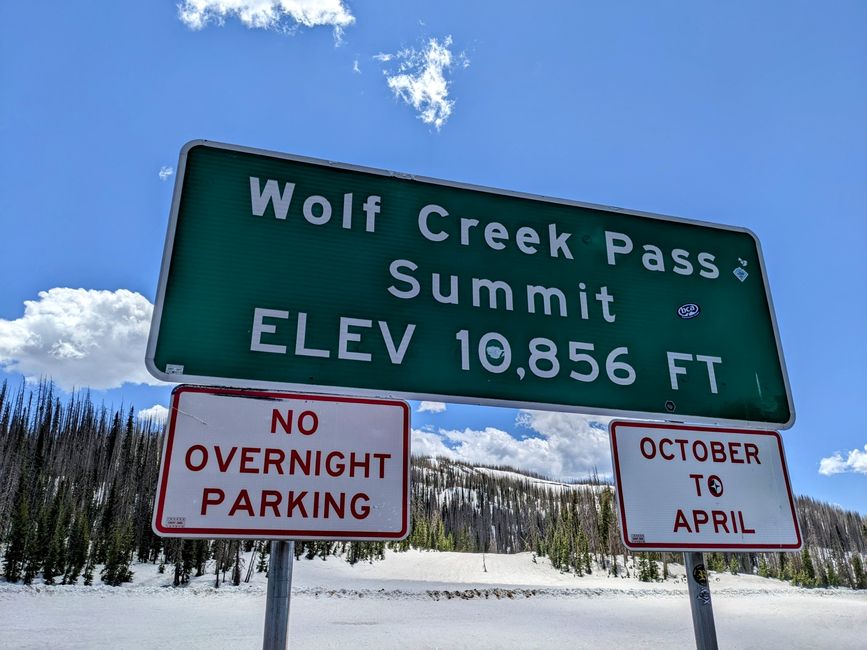
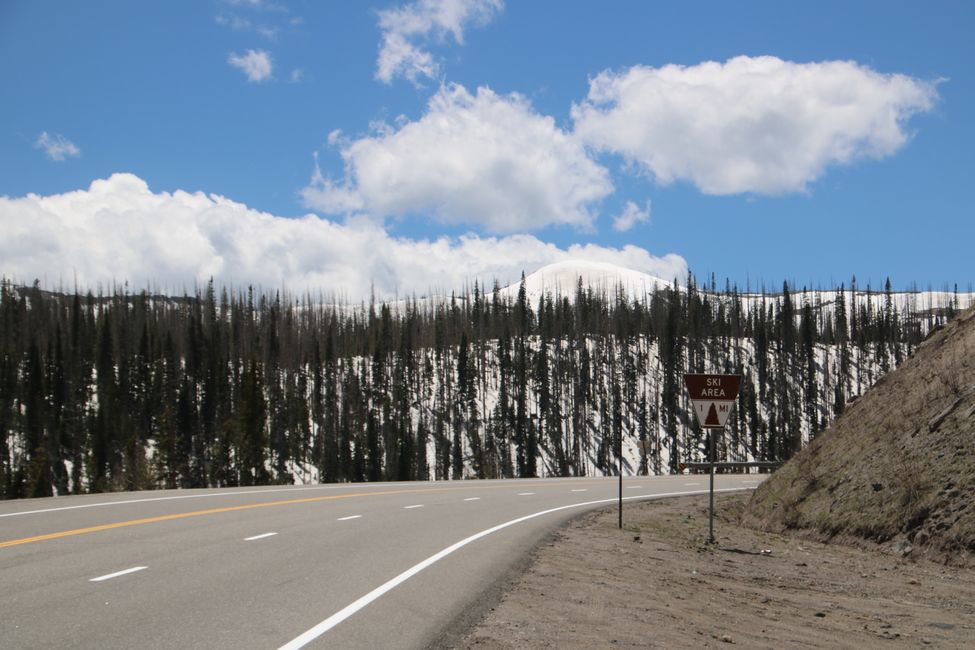
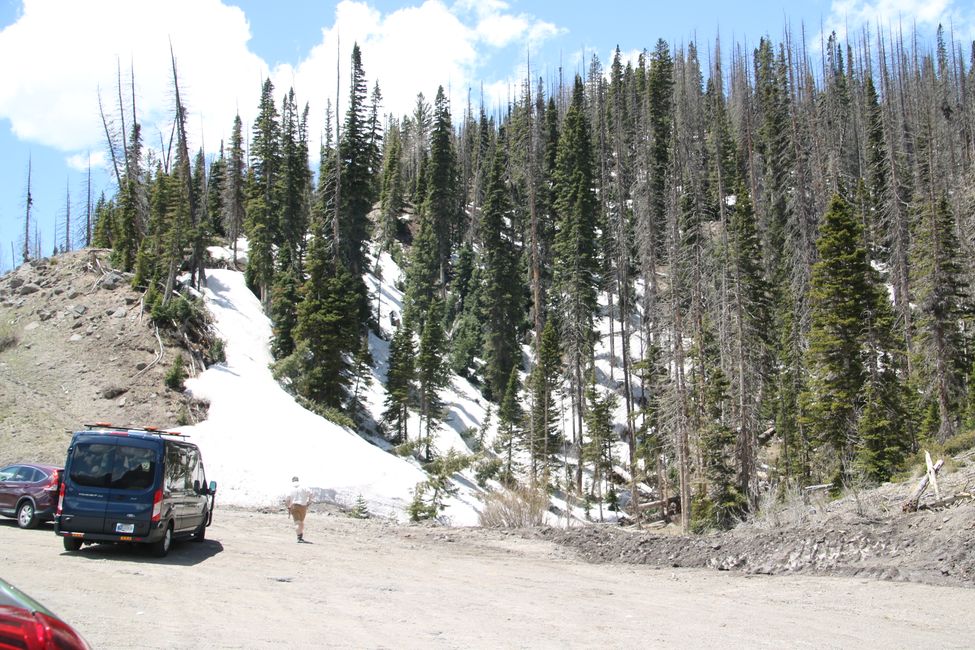
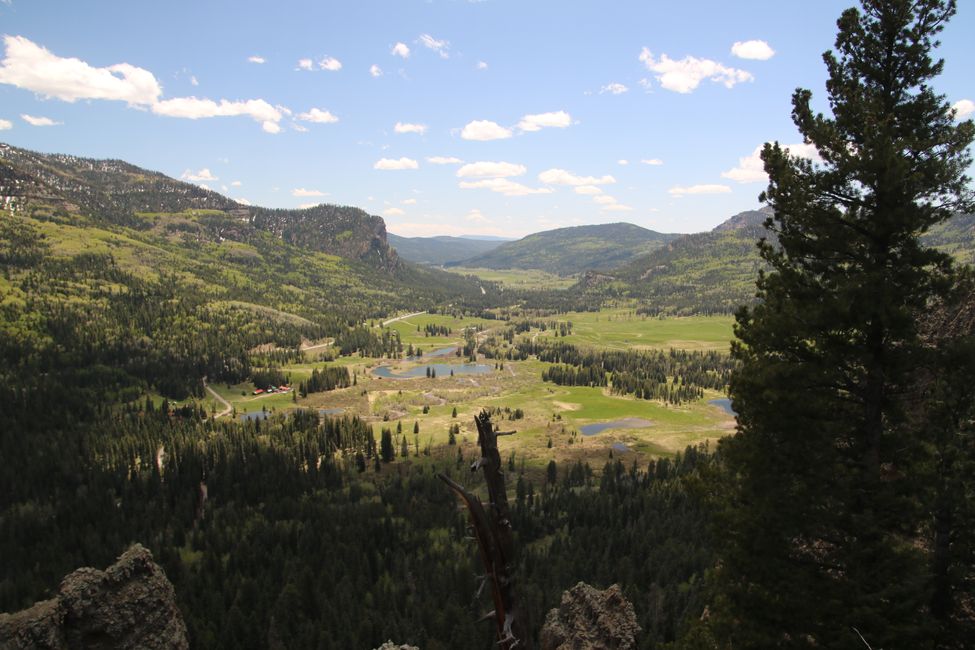
Teken in op Nuusbrief
So, new day, new luck ... This time we woke up early, had a quick breakfast (although the hotel's offerings invited us to linger/strengthen), packed everything up, and drove back to the dunes. The distance to the dunes was 30 miles and to be there as early as possible, we had to hurry!! 😊 We knew that we should plan 2 to 2.5 hours for our stay there. After that, we still had another 200 miles to go to the next overnight point. And there is only one interstate in Colorado, and it doesn't lead in our direction. So more time had to be planned for that too. And since it was Saturday and Memorial Day weekend, there were also a lot more visitors to expect. In addition, the wind was expected to increase again after noon and then hiking on the dunes is no longer a gift ...
But back to the big sandbox, which is about 230 kilometers south of Denver. The huge area of 80 square kilometers with the highest sand dunes in North America of 230 meters is located at 2,300 meters. The gigantic masses of sand rise in the middle of the flat land, so to speak. Mountain massifs, some of them covered with snow, rise around the dunes in a horseshoe shape, up to 4,400 meters.
But how does so much sand come into this flat and barren area? This dune landscape has existed for about 12,000 years and was formed by western winds that blew the sand deposits of the Rio Grande and its tributaries through the valley. The wind speed is reduced by the mountains, and the sand and small stones are piled up into dunes. This is still the case today and daily changes the shape of the dunes.
To get to the dunes, you have to cross the Little Medano Creek. This is a small stream through which mountain water flows. The special thing about this stream is that it does not find a solid riverbed due to constantly trickling sand, so small underwater dunes are formed, which in turn form small dams that quickly collapse and create surf waves at intervals.
Well prepared with bathing shoes, we started climbing the dunes. First through the Little Medano Creek to the shore, and from there we went up and down the dunes, always further, until we reached the summit. At an altitude of over 2,300 meters, you can already run out of breath with every movement/effort, even without climbing a sand dune landscape almost vertically. And we were no exception. Huffing and with small breaks, we stomped up the mountain. Many other participants, often with dogs, were with us.
What the water is to wakeboarders, and the snow is to snowboarders, was the sandboard for many here. Many predominantly young people had brought the board with them and slid down the sometimes steep slopes on the board. Many sandboarders got completely covered in sand and took more sand home than they had brought with them.
We had made it up quite far. To reach the highest dune and to have a 360-degree view there, a "narrow ridge" still had to be overcome. Here, my "courage" left me - Thorsten had to go the last about 100 meters alone to enjoy the view. Those who know me know why.
On the way to the base station, we watched some sandboarders who slid down the slope with a lot of fun and not always arrived at the bottom on the board.
It was noticeable that many visitors to the national park did not come for the dune ascent, but had settled by the creek with "bags and baggage" to sunbathe, picnic or splash around in the creek.
On the way to Farmington, our next hotel station, we climbed up to an altitude of 3,300. Phenomenal views of snow-covered mountains were included.
Once again, we were amazed at what you can see and experience on a tour like ours ... As it says on the annual pass for the national parks: America, the beautiful! They're right!
Teken in op Nuusbrief
Antwoord (1)
Thorsten
Was für ein traumhafter Tag...👍😁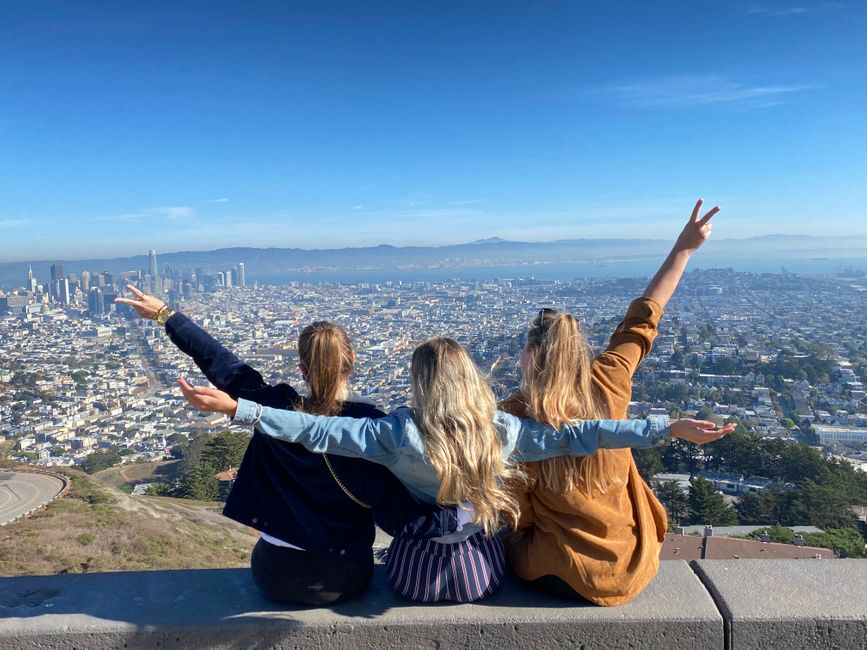
Reisverslae VSA
